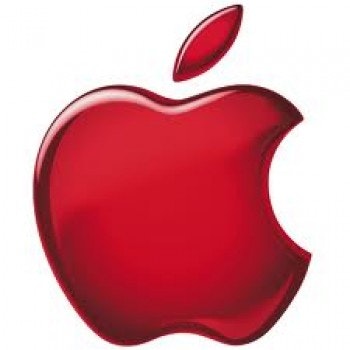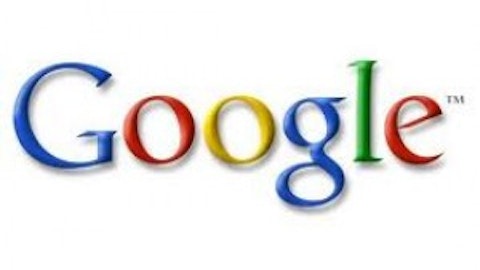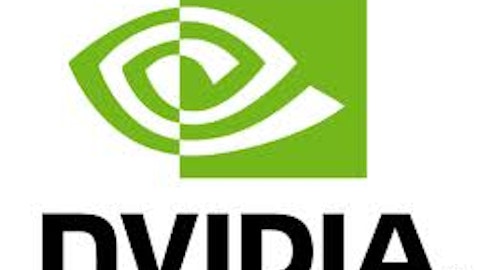Six months ago, I reported the No. 1 security risk on Americans’ minds is no longer terrorism; hackers and viruses outranked terrorism as the nation’s No. 1 security threat. U.S. Defense Secretary Leon Panetta has been sounding the alarm on cyber war. In October, he stressed to Time magazine that, “We are facing the threat of a new arena in warfare that could be every bit as destructive as 9/11 — the American people need to know that.” Read on, and I’ll explain the growing problem, how you can protect yourself, and the stock I think is best-positioned to gain from battling ever-expanding cybersecurity risks.

It’s no surprise Americans are scared. In just the past six months, we’ve seen:
1). On August 15, Saudi Arabia’s state-owned oil company, Saudi Aramco, was hacked with a copycat version of the cyberweapon Flame. The true extent of the hack was never confirmed, though the hackers claimed that 75% of Saudi Aramco’s computers — roughly 30,000 — were destroyed.
2). On September 4, hacker group Antisec leaked 1 million Apple Inc. (NASDAQ:AAPL) Universal Device IDs, and claimed to have an estimated 11 million more UDIDs, which they stole from the FBI.
3). In September, U.S. banks were first attacked with distributed denial-of-service (DDOS) attacks by the Al-Qassam Cyberfighters, who many believe to be a front for the Iranian government. The attacks have been basically constant since then, with SunTrust Banks, Inc. (NYSE:STI), PNC Financial Services (NYSE:PNC), Bank of America Corp (NYSE:BAC), JPMorgan Chase & Co. (NYSE:JPM), and U.S. Bancorp (NYSE:USB) among those affected.
4). Also in September, the White House Military Office was attacked, though the White House said the network was unclassified and isolated.
5). On October 26, South Carolina’s Department of Revenue revealed it had been hacked, and had 3 million social security numbers taken from it.
6). In November, after commencing air strikes on Gaza, Israel announced there had been more than 44 million hacking attempts on government web sites in the five days since the operation commenced.
7). In December there was a scare, that was later proved to be unfounded, that Verizon had been hacked, and 300,000 customer records released. The data came from a third party marketing firm.
8). In January, the New York Times and Wall Street Journal announced they were hacked by Chinese hackers starting in October, when the New York Times reported that the relatives of China’s Prime Minister Wen Jibao had accumulated a fortune of several billion dollars.
9). Also in January, Kapersky Labs, the Russian cyber security firm that uncovered the cyberweapon Flame, released a report detailing the cyber-espionage network “Red October,” which has been actively stealing data since at least 2007
In just the past two-and-a half-weeks, we’ve seen:
1). 250,000 Twitter accounts hacked
2). The Federal Reserve hacked
3). The release of account information for 4,000 bank executives by members of Anonymous
4). Burger King and Jeep’s twitter accounts hacked.
5). Facebook Inc (NASDAQ:FB) announced last week it had been hacked by a malicious mobile developer site
6). Even Apple admitted this week it had been hacked
The scary part is that these are just the attacks that have been noticed and reported on. The true number and scope of the attacks on companies will likely never be known.
Cyberwar
For the past few years, U.S. companies from Google Inc (NASDAQ:GOOG) to Northrop Grumman Corporation (NYSE:NOC) have been accusing China of waging a cyberwar against U.S. targets; but, without being able to prove 100% that the Chinese government was involved, the Obama administration has only been able to relay concerns to the Chinese government.
Within the U.S. government, Defense Secretary Leon Panetta has been sounding the alarm on cyber war for the past year. It seems that his cries have been falling on deaf ears, as the U.S. Senate killed cybersecurity legislation in November that would have created voluntary cybersecurity standards for companies that are essential to U.S. infrastructure. Not to be deterred, he continues to speak up on the issue noting earlier this month that:





